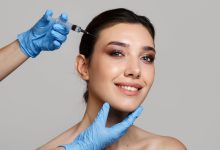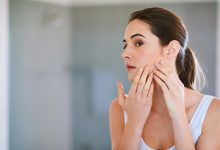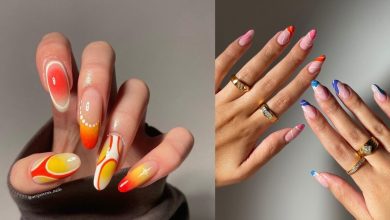My Holy-Grail Moisturizer for Dry Skin Is Surprisingly Found at the Drugstore

As someone prone to dry skin, I’ve got to say that there are a lot of ups and downs when dealing with it. On top of my dry, sometimes sensitive skin, I have the pleasure of dealing with eczema. What can I say? It keeps things exciting. If you have any of the above skin issues, I’m sure you can relate.
Right now, I’m going through an “up” phase because the eczema on my hands and body is not flaring up, my face isn’t dry and peeling, and my skin feels way soft. We’re having a good moment. But I’m not trying to brag too much, because today I’m going to tell you about my absolute favorite moisturizer to use during the times my skin is ultra parched. And guess what? It can be found at the drugstore.
Board-certified dermatologist Hadley King, MD, has a similar outlook. “A moisturizer does not have to be expensive or fancy to be well formulated—I agree that there are some excellent drugstore moisturizers!” she tells Who What Wear.

So let me introduce you to my holy-grail moisturizer: Neutrogena’s Hydro Boost Gel-Cream. This drugstore find never fails me when it comes to saving my dry skin. It’s a lightweight and cooling gel formula that feels so soothing on peeling, red, or irritated skin. If your skin has ever been so dry it actually hurts, you know that something cooling feels just heavenly. It also absorbs super quickly, so it works fast to get rid of that dry skin, and it doesn’t leave a greasy or sticky feeling.
Whenever I put this on, my skin feels way better. And after a few days of application, the dryness is gone. Sometimes when my skin is extra dry, I’ll apply it at least two times a day, and since it’s a lightweight formula, it doesn’t feel like I’m caking on the product. It’s like magic for me since my skin looks and feels plumper, smoother, and healthier after using it.
I highly recommend trying my drugstore favorite the next time you experience dryness. And if you’re looking for other moisturizing options, I’ve included some highly rated ones below (plus a few recommended by King herself) that have similar price points.
1. CeraVe Moisturizing Cream
2. Garnier SkinActive Moisture Rescue Refreshing Gel-Cream
3. Cetaphil Daily Oil-Free Hydrating Lotion
4. Aveeno Eczema Therapy Daily Moisturizing Cream
5. La Roche-Posay Toleriane Double Repair Face Moisturizer
6. Nivea Intense Healing Body Lotion
7. Avène Hydrance Rich Hydrating Cream
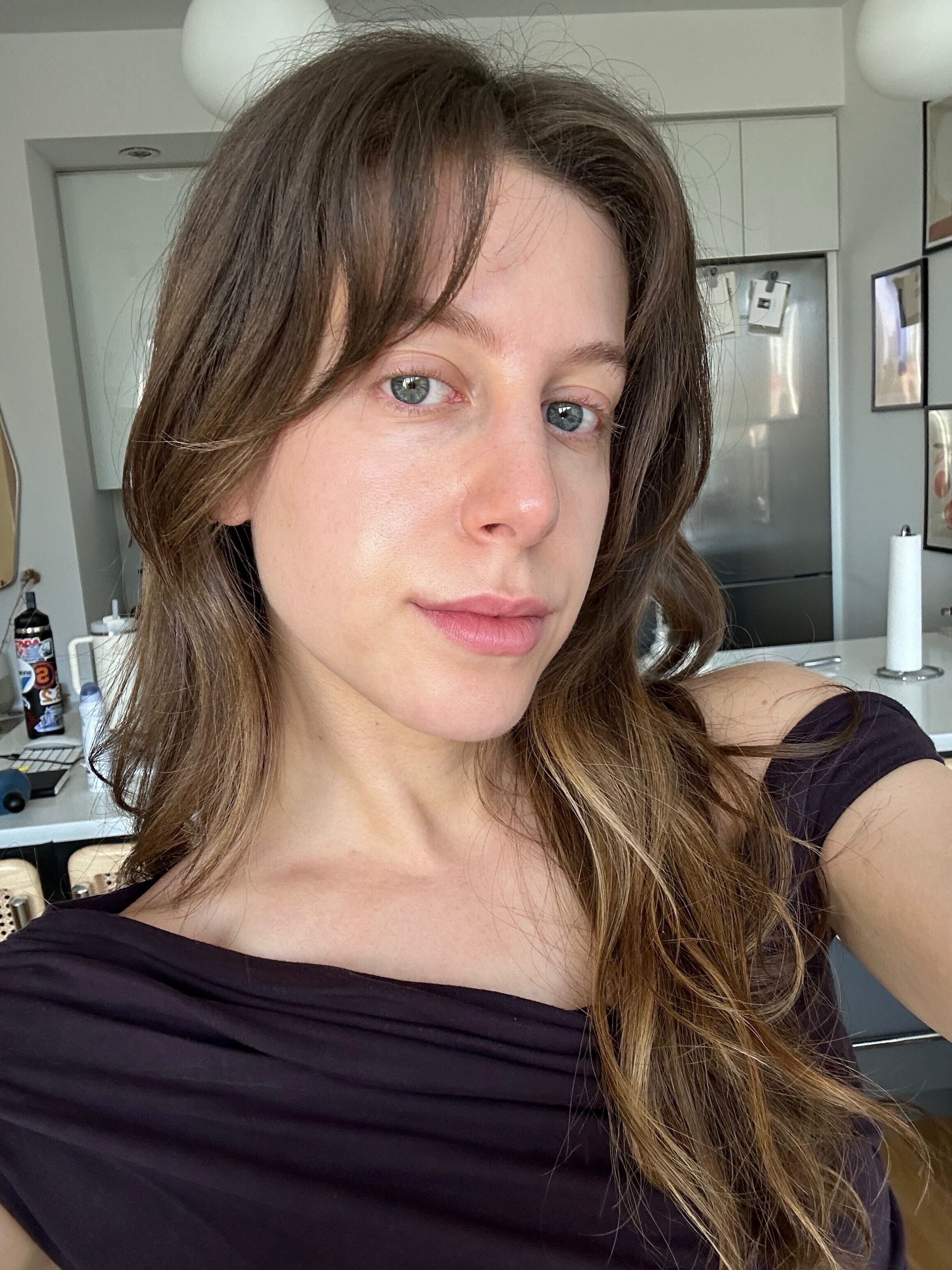
8. Vanicream Moisturizing Cream
9. Vichy Aqualia Thermal Rich Cream Moisturizer
10. Lubriderm Advanced Therapy Fragrance-Free Moisturizing Lotion
11. Olay Active Hydrating Cream
12. L’Oréal Collagen Face Moisturizer
13. Aveeno Calm + Restore Oat Gel Moisturizer
14. Differin Restorative Night Cream
15. St. Ives Renewing Moisturizer
16. Hero Cosmetics Clarifying Prebiotic Moisturizer
17. La Roche-Posay Lipikar Balm AP+ Intense Repair Moisturizing Cream
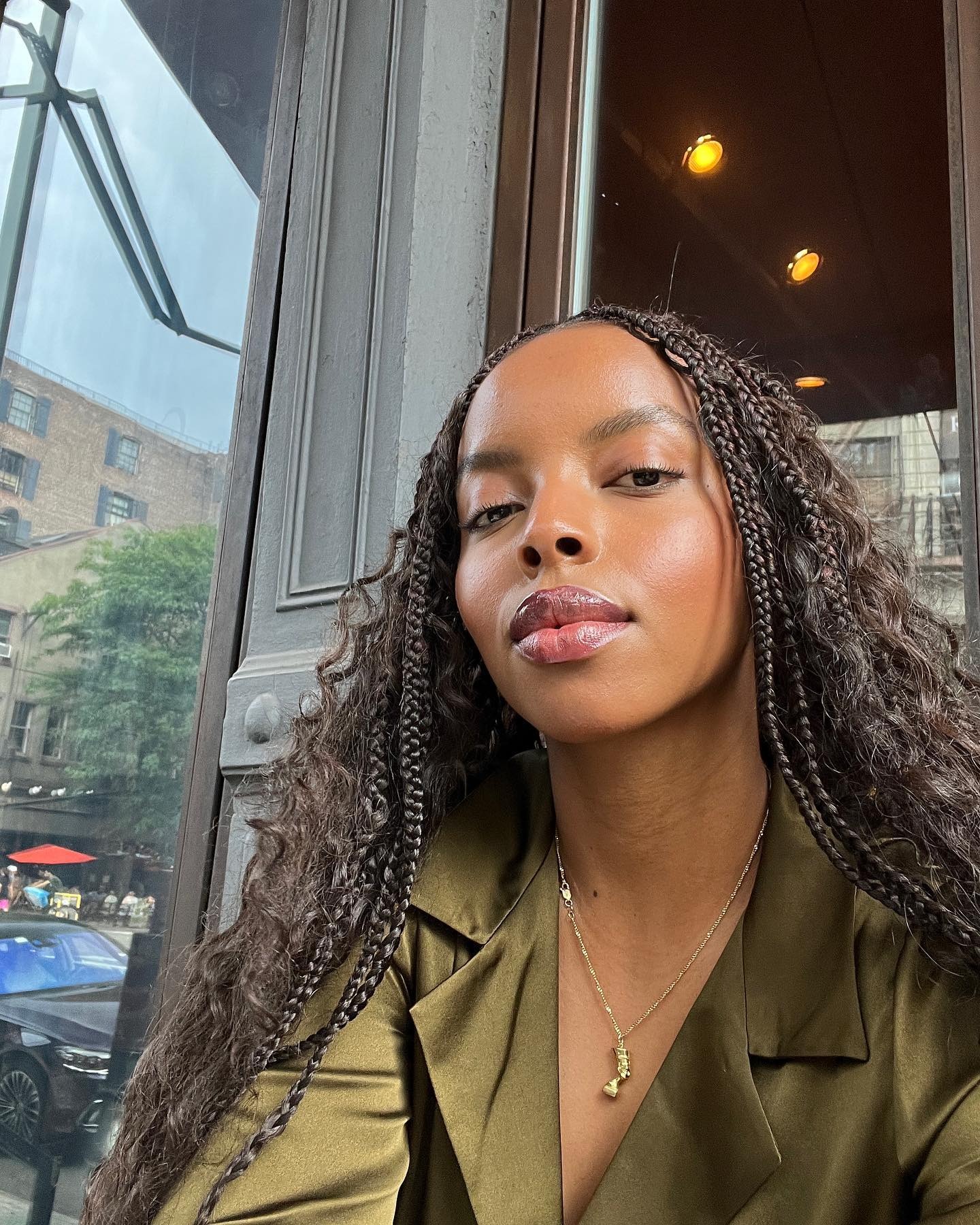
FAQ
What should you look for in a drugstore moisturizer?
Above all, you’ll want to make sure the formula has a healthy balance of humectants, emollients, and occlusives.
“Humectants, like hyaluronic acid and glycerin, are mostly low molecular weight substances that bind water into the stratum corneum,” says King. “They need to be used along with the other components in order to retain the water content.” They’re wonderful hydrators, but they need some extra help to keep from evaporating out of your skin.
That’s where emollients come in! These are skin conditioners that fill in micro-cracks in the skin barrier, and help the most with skin texture and appearance. “Examples include cholesterol, squalene, fatty acids, fatty alcohols, and ceramides,” says King.
Finally, “Occlusives are oils and waxes which form an inert layer on the skin and physically block transepidermal water loss,” King notes. Translation: They keep all that precious hydration locked inside. “Examples include petrolatum, beeswax, mineral oil, silicones, lanolin, and zinc oxide,” she explains.
What moisturizer is best for your skin type?
“For dry skin or dry environments, look for a moisturizer that contains heavier emollients and more occlusives to lock in moisture,” says King. “For oilier skin or humid environments, lighter emollients and fewer occlusives may be preferable.” Mature skin also tends to run dry, but King suggests seeking additional skin-plumping ingredients, such as peptides.
“Vitamin C and other antioxidants can be added to help protect against damage from free radicals; niacinamide can be added to help improve tone and texture, and soothing ingredients like bisabolol, allantoin, and aloe can be added to calm the skin,” she shares.
What should you avoid in a drugstore moisturizer?
“Avoid formulations that don’t have occlusive properties, particularly if your skin is dry or if you are in a dry environment,” says King. “You really need the combination of humectants, emollients, and occlusives for optimal results.” (Remember: Occlusives are important for keeping moisture from seeping out of your skin).
“If you have oily or acne-prone skin, avoid comedogenic ingredients and other heavy occlusives,” she adds. “For sensitive skin, avoid potentially irritating added ingredients like exfoliating acids and retinol.”
This article was originally published at an earlier date and has since been updated.
Explore More:
Source: WhoWhatWear
Related Posts
- 5 foods you must have if want Korean Glass Skin
- I Asked the Coolest People I Know: What Makes an It-Girl Lip Balm?
- 7 hairstyles for women popular in 2025 weddings
- 12 Coconut Perfumes That Smell Like an Expensive Vacation (and Not Sunscreen)
- The 6 Hats Everyone Will Be Wearing Instead of Bucket Hats This Summer

